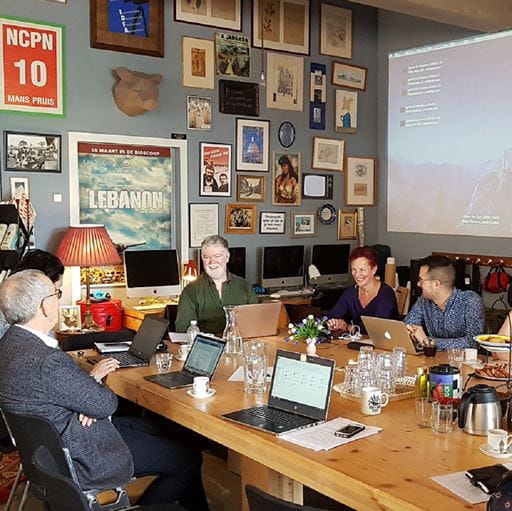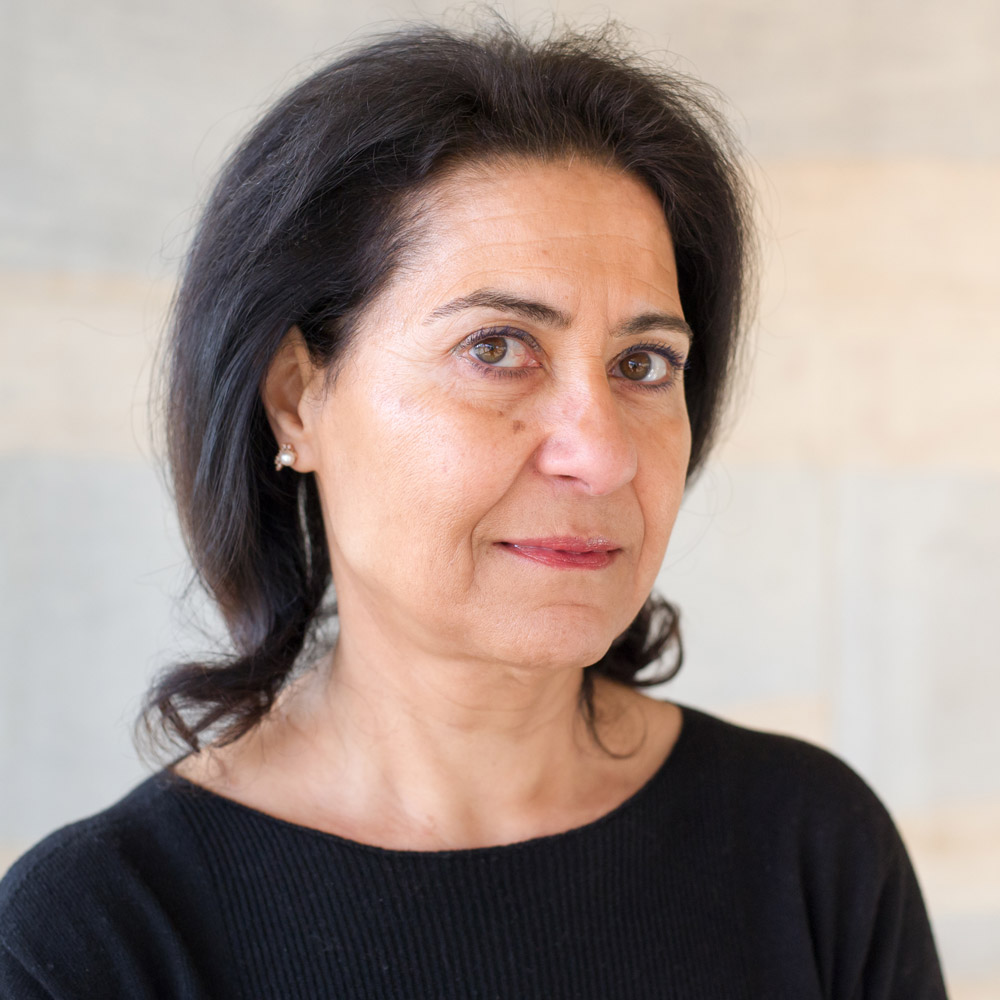Impact: Improving language analysis to create a fairer system for asylum seekers and other migrants
-
Tagged under
Human Rights
Economy, business, politics and society
Global perspectives and challenges

Essex research into how ‘native speakers’ use language is helping to establish a reliable, valid and fair procedure for Language Analysis for the Determination of Origin (LADO), a technique used by governments around the world to judge asylum seekers' accounts of their origin.
The research team’s insights have helped establish global guidelines accepted by many governments. They are also setting the standards for commercial, governmental, and academic providers of LADO to ensure that LADO is appropriately used in the decision-making process by lawyers and judiciary, professional and charitable bodies, and NGOs working in this area.
The challenge
LADO is a relatively recent branch of forensic linguistics, used by governments when processing asylum seekers who are applying for refugee status. Government or commercial agencies interview applicants to assess whether they speak one or more of the languages of the country or region they say they grew up in, as part of testing their claim to come from a specific nation, region or group. This process is often crucial to the success of an application.
Asylum seekers risk unjust and incorrect decisions if formal or informal assessments of their native language draw the wrong conclusions about their origin. Such mistaken conclusions are often the result of simplistic perspectives about what constitutes a ‘native speaker’, which can cause grave personal and professional harm to asylum seekers. Accurately determining the country of origin is a crucial test for any application for asylum. However, the way a speaker uses their native language can vary due to their sociolinguistic background, the setting of the interview, and it can also change when the speaker has not used this language for a long time. There are therefore many reasons why someone might appear not to use the language in the way that is expected by the analyst. Understanding how such circumstances can affect language use is vitally important for professional standards across organisations so decisions can be made fairly and in line with best practice.
What we did
To be able to improve the standard of accuracy in native language assessment for migrants, the Essex research team first of all identified how languages vary and the way speakers change their use of language depending on setting and context.
The findings of their research established that:
- Nationality, national origin, citizenship, identity, multilingualism and the way a speaker uses their language all interact in complex ways.
- Power and inequality between speakers and the pressure to assimilate have an impact on language usage.
- Speakers who use more than one language on a daily basis change the way they use their native language, in particular after moving away from the country of origin.
- Identity and experiences, particularly traumatic ones, can affect the way languages are used.
- Native language knowledge is subject to change in a foreign-language environment.
Professor Monika Schmid, a member of the research team, argues “Expert linguistic knowledge is crucial to determine whether or not someone speaks a language as a 'native' and whether this can be used to determine the origin of an asylum seeker. Further, rigorous sociolinguistic and forensic standards are essential, to underpin procedures used for official decision-making to ensure validity and fairness and to raise professional standards.”
Improving professional standards and existing processes
Professor Peter Patrick established the Language and Asylum Research Group (LARG) and developed guidelines for LADO. These are accepted as the professional standards and have been adopted by governments across Europe, the USA, Australia, and Canada. The guidelines are routinely cited by LADO companies and in court cases and, along with the expert statements produced by Professors Patrick, Schmid, and Professor Enam Al-Wer on individual LADO reports, have resulted in the reconsideration of a number of cases. The guidelines have further been endorsed by many professionals in the field.
Professors Schmid and Patrick continue to provide the evidence base for LADO professional standards by leading online and in-person discussion to introduce rigorous forensic standards and improve the quality of reporting for experts in particular language varieties who are not accustomed to LADO processes. The researchers have also met with government agencies providing LADO services to assess training needs and discuss the development of resources.
Improving access to justice and equality
Professors Patrick, Schmid and Al-Wer have provided over 40 expert opinions since August 2013 to lawyers and organisations in the UK, the Netherlands and Switzerland, challenging existing LADO analyses based on their research and expertise. These have often directly led to the original LADO report being dismissed, or not considered of material importance, and the asylum status that had previously been denied being granted.
Professor Schmid’s research on language attrition demonstrates that perceived native speaker status is not stable, in particular among younger migrants. Professor Schmid has argued in many cases that prolonged periods of time outside their country or region calls into question the validity of decisions based on LADO reports.
Professor Al-Wer has regularly provided LADO reports on the origin of asylum seekers from various Arabic-speaking regions, based on her expertise in the dialectology of Arabic. Her work has impacted on asylum decisions by ensuring that questions on the origin of asylum seekers are carefully examined.
Shaping and informing public and professional attitudes
Since 2016, Professor Schmid’s website, languageattrition.org has provided an introduction to the phenomenon of language attrition in both children and adults and attracted 1,250,000 visits. This research has led to policy changes in language requirements for overseas professionals and Professor Schmid has contributed to the public debate in cases of high-profile people widely reviled in the press and Social Media, such as the American soldier Bowe Bergdahl, the Surinamese-Dutch boxer Regilio Tuur and, most recently, actor Hilaria Baldwin. Her research has been widely referenced in the media with articles and interviews reaching an audience of millions. Her work was even used in an art project for the Manchester Jewish Museum.
What we changed
Simplified views of multilingualism and the concept of ‘native speakers’ and 'native languages' can devastate the lives of migrants and, in particular, refugees and asylum seekers. The Essex research team has exposed, addressed and, where possible, mitigated against this damaging impact. Many asylum seekers have benefited from the improvements to language assessment and best practice standards established by the Essex team. They have also changed the way professionals and courts understand the issue, while also challenging public perceptions.


